Soil health is crucial to the success of any farming operation, but it’s especially important for organic farmers. This is due to the fact that organic farmers are dependent on fertile soils in order to cultivate crops that are rich in nutrients without resorting to the use of artificial fertilizers or pesticides. In this post, we’ll explore the relationship between soil health and organic farming, and how they work together in a symbiotic relationship.
It is essential to have a good understanding of the characteristics of healthy soil. An abundant amount of life, such as beneficial bacteria, fungi, worms, and other microorganisms, can be found in soil that is in good health. These organisms contribute to the breakdown of organic matter and the release of nutrients, both of which are essential for the growth of plants. A healthy soil also has a good structure, consisting of a large number of pores that are large enough to allow both air and water to move freely through the soil.
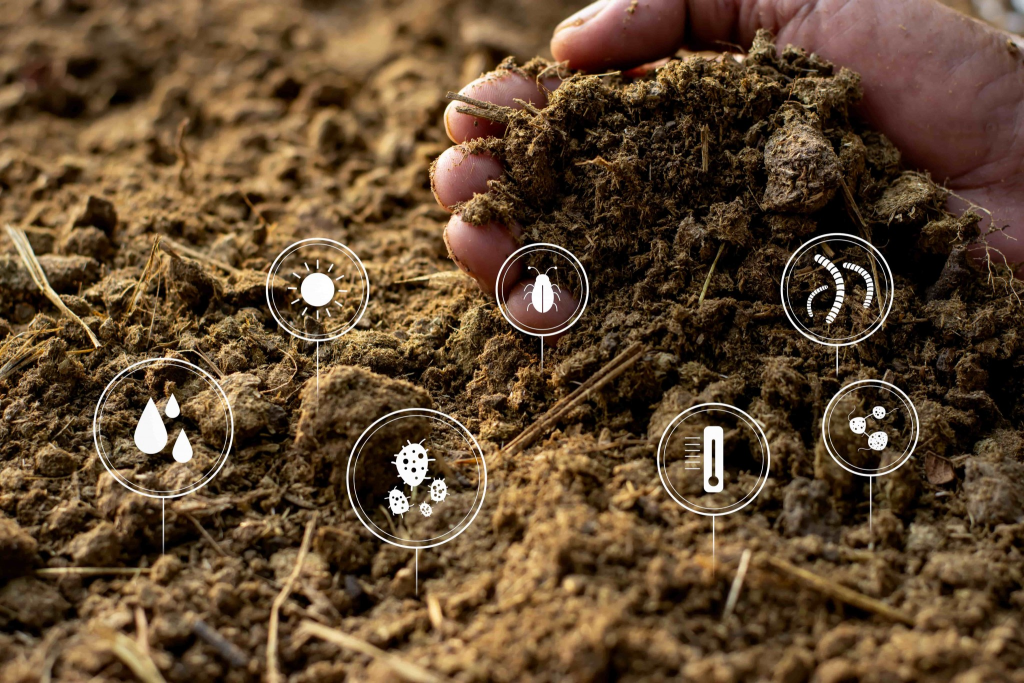
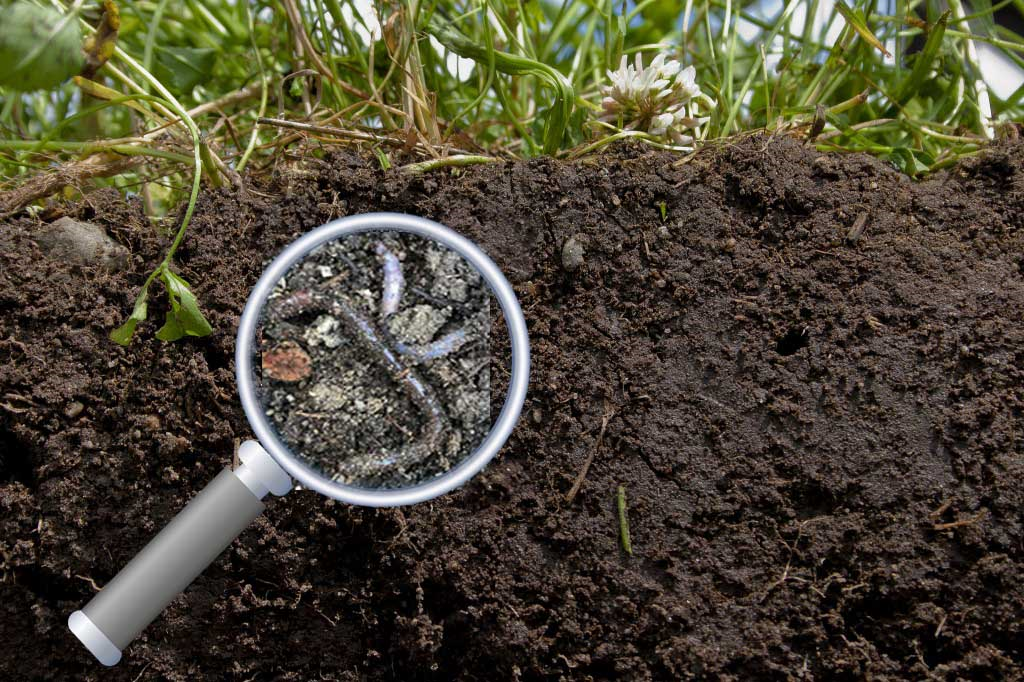
The methods used in organic farming are intended to foster the growth of fertile soil. For example, organic farmers use compost and other organic amendments to add organic matter to the soil. This organic matter serves as a source of nutrition for the microorganisms that are found in the soil. These microorganisms, in turn, decompose the organic matter and make the nutrients it contains available to the plants. Organic farmers also use cover crops to help protect and build the soil. Cover crops are plants that are grown not for the purpose of harvesting but rather with the intention of enhancing the health of the soil. They contribute organic matter, help reduce weeds, and prevent erosion, all of which are beneficial.
In addition to supporting healthy soils, organic farming also benefits from healthy soils. Organic farms can benefit from increased productivity and resilience if their soils are in good condition. For instance, healthy soils have a greater capacity to hold onto water, which is something that can be especially useful in arid regions. In addition to this, they act as a barrier against harmful organisms such as insects and diseases, which in turn helps to decrease the requirement for chemical pesticides.
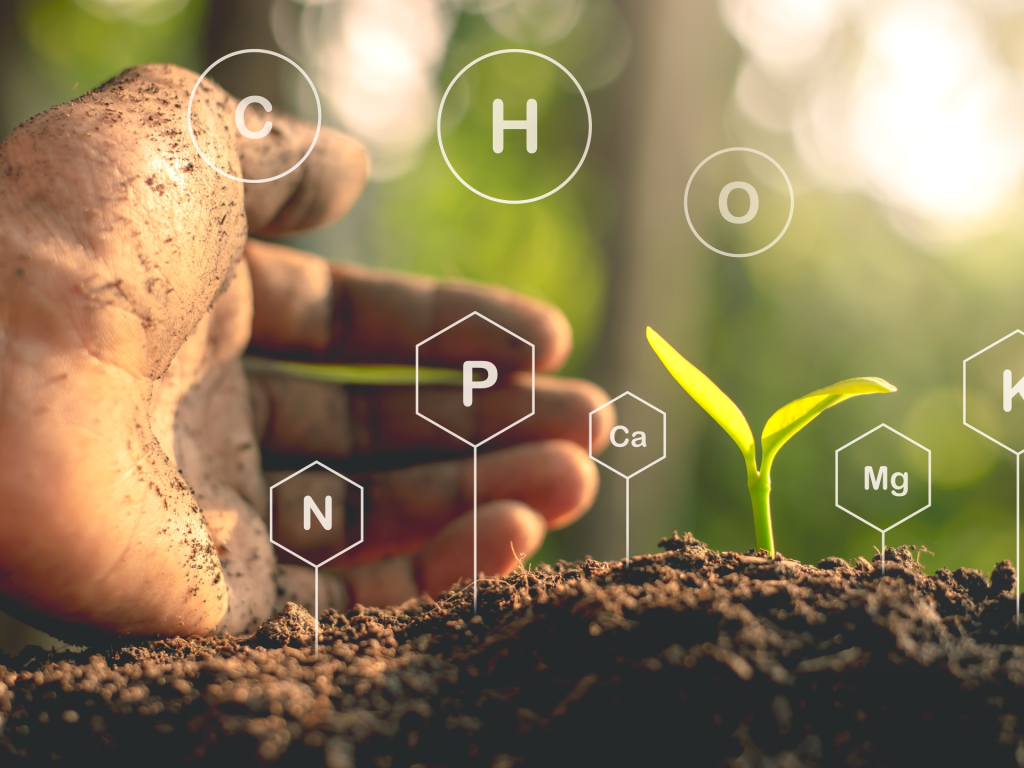
Organic farming and the maintenance of healthy soil are intimately connected. The methods used in organic farming are intended to promote healthy soils, which in turn contribute to the prosperity of organic farms. Organic farmers can cultivate crops that are rich in nutrients without resorting to the use of artificial fertilizers or pesticides thanks to the symbiotic relationship they have with the soil, which allows them to simultaneously build resilient and healthy soil for the future.

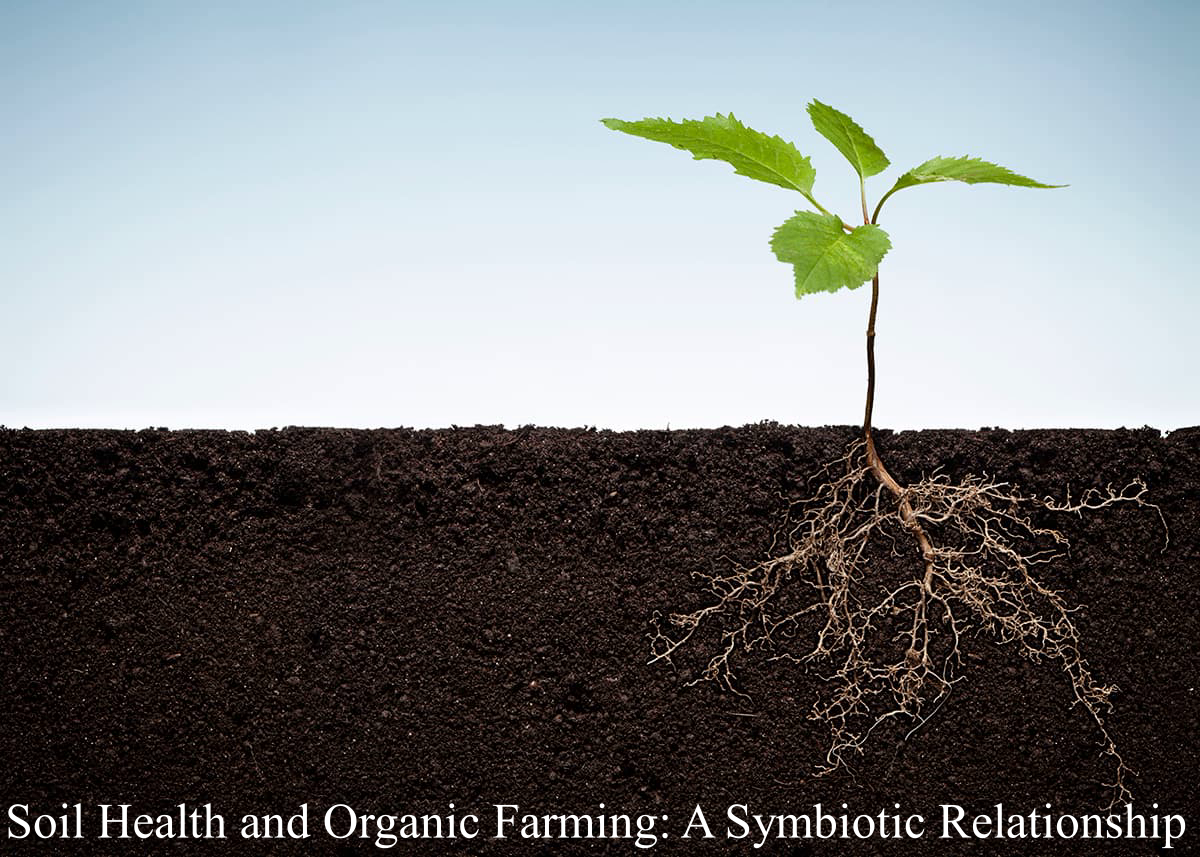
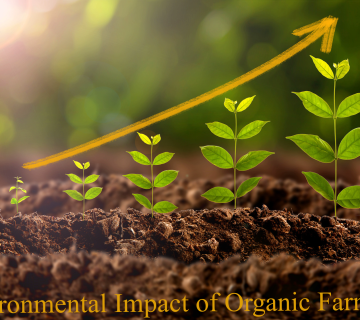


No comment